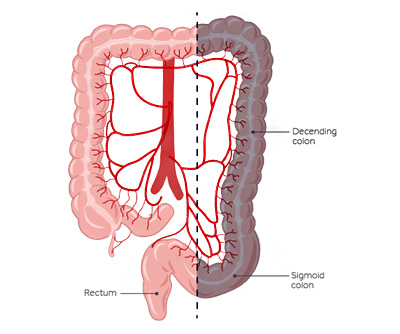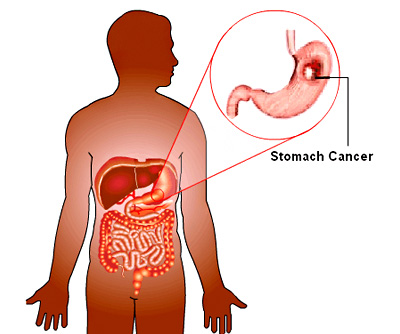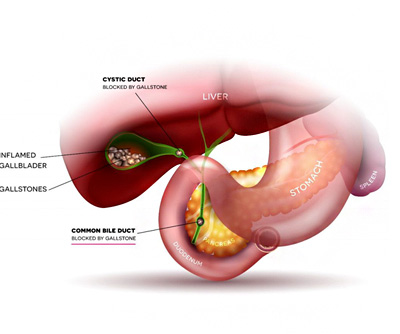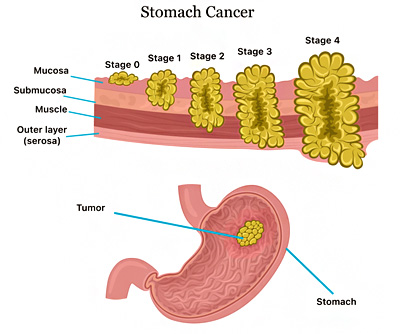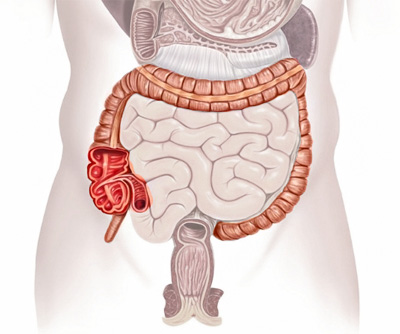
The human gastrointestinal tract is home to a large number of microorganisms, including bacteria, viruses, and fungi. These microorganisms play an important role in digestion, metabolism, and nutrient absorption. However, they can also cause infections of the gastrointestinal tract, including the small and large intestine.
The most common type of infection of the small intestine is bacterial gastroenteritis, which is usually caused by Salmonella, Shigella, or Campylobacter. Symptoms of bacterial gastroenteritis include diarrhea, cramping, abdominal pain, nausea, and vomiting. Most cases of bacterial gastroenteritis are mild and resolve on their own, but some can lead to serious complications, such as dehydration, bloody diarrhea, and intestinal perforation.
The most common type of infection of the large intestine is diverticular disease, which is a condition that results when the small pouches that line the large intestine become inflamed or infected. Symptoms of diverticular disease include abdominal pain, bloating, constipation, and diarrhea. Diverticulitis, a more severe form of diverticular disease, can lead to abscesses, perforation of the intestine, and even death.
There are many different types of infections of the gastrointestinal tract, and they can be caused by a variety of microorganisms. Treatment for gastrointestinal tract infections depends on the cause of the infection, but typically includes antibiotics.
Treatments

Dr. Mayur Porwal
Minimally Invasive Surgical Solutions
Expert in GI Laparoscopy Surgery
& Specialist in Hepatopancreaticobiliary Surgery







